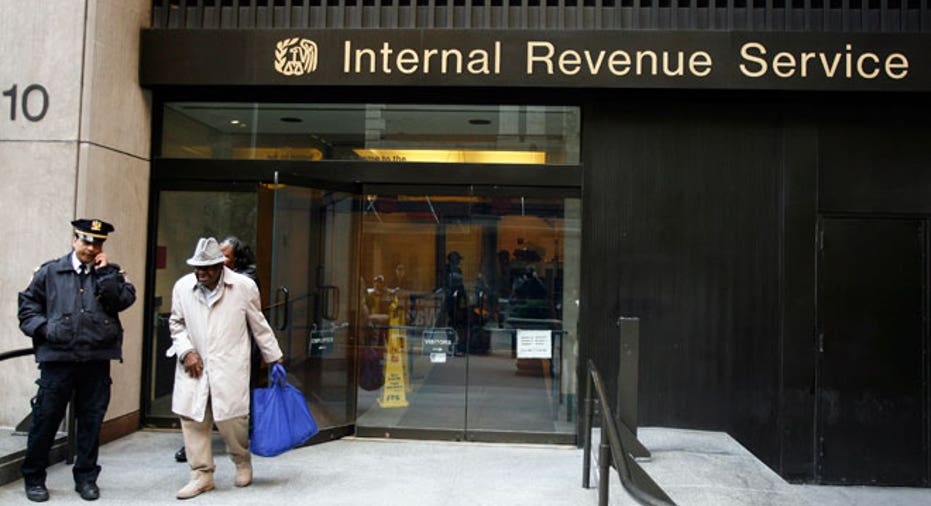How to Get Relief from IRS Penalties

Taxpayers facing penalties from the IRS can breathe a little sigh of relief—you might not be required to pay them.
A program created in 2001 entitled First-Time Abate (FTA) is on your side and dictates that if you have been in full compliance for more than three years, the IRS should waive any penalties for missed payments.
However, in December 2012 the Treasury Inspector General for Tax Administration (TIGTA) reports that the IRS failed to inform 1.45 million taxpayers that they qualify for this relief. Because of this oversight, the IRS collected penalties totaling more than $181 million from taxpayers who may have been able to have the penalties waived.
These penalties are imposed on taxpayers who file late and/or pay late the full tax shown on their tax returns. The late filing penalty is 5% of the unpaid balance of tax owed for each month or part of a month the return is late, and the penalty maxes out at 25%.
The failure to pay penalty kicks in if the taxes are not paid by the due date and is equivalent to 0.5% of the unpaid liability for each month or part of a month after that due date that the taxes aren’t paid. This one also maxes out at 25%. As you can see, you can end up paying another 50% of your tax balance out in penalties if you aren’t in compliance. Add to that the monthly interest charges and you have quite the motivation to keep your tax bills current.
As you can see, penalty relief can provide a substantial savings if you qualify for the FTA program. If you have already paid some of the penalty charges, you may want to contact the IRS and see if they will refund any portion of those monies.
Reasonable cause can also get abatement of penalties and tends to yield better relief than through FTA. Once you use the FTA program you must maintain a clean record for another three years. If you get penalty abatement for reasonable cause, you needn’t worry about the 3 year limitation and can use the FTA program in a subsequent year.
To qualify for an abatement of penalties due to reasonable cause, you must have an excuse that indicates you had no control over the matter. For example, if you suddenly became unemployed, lost your home, or suffered physical or mental health problems including depression, addiction, or alcoholism, your spouse left you and substantially reduced your income, then you have valid reasons for not being able to pay your tax bill. Use these reasons as a basis for requesting an abatement of penalty under reasonable cause and save the FTA program for another time.
Call the phone number listed on the penalty-inflicting correspondence. The person you speak with may ask you to write a letter explaining the circumstances, and be sure to use IRS lingo in the letter. Ask for an “abatement” of penalties due to “reasonable cause” or through the “First-Time Abate program.” If seeking relief for reasonable cause, list the reasons that qualify you. No need to be long winded or go into emotional scenes. Provide any backup documentation that would support your case. It usually takes two months to get a resolution to these matters, so be patient.
Bonnie Lee is an Enrolled Agent admitted to practice and representing taxpayers in all fifty states at all levels within the Internal Revenue Service. She is the owner of Taxpertise in Sonoma, CA and the author of Entrepreneur Press book, “Taxpertise, The Complete Book of Dirty Little Secrets and Hidden Deductions for Small Business that the IRS Doesn't Want You to Know.” Follow Bonnie Lee on Twitter at BLTaxpertise and at Facebook.



















